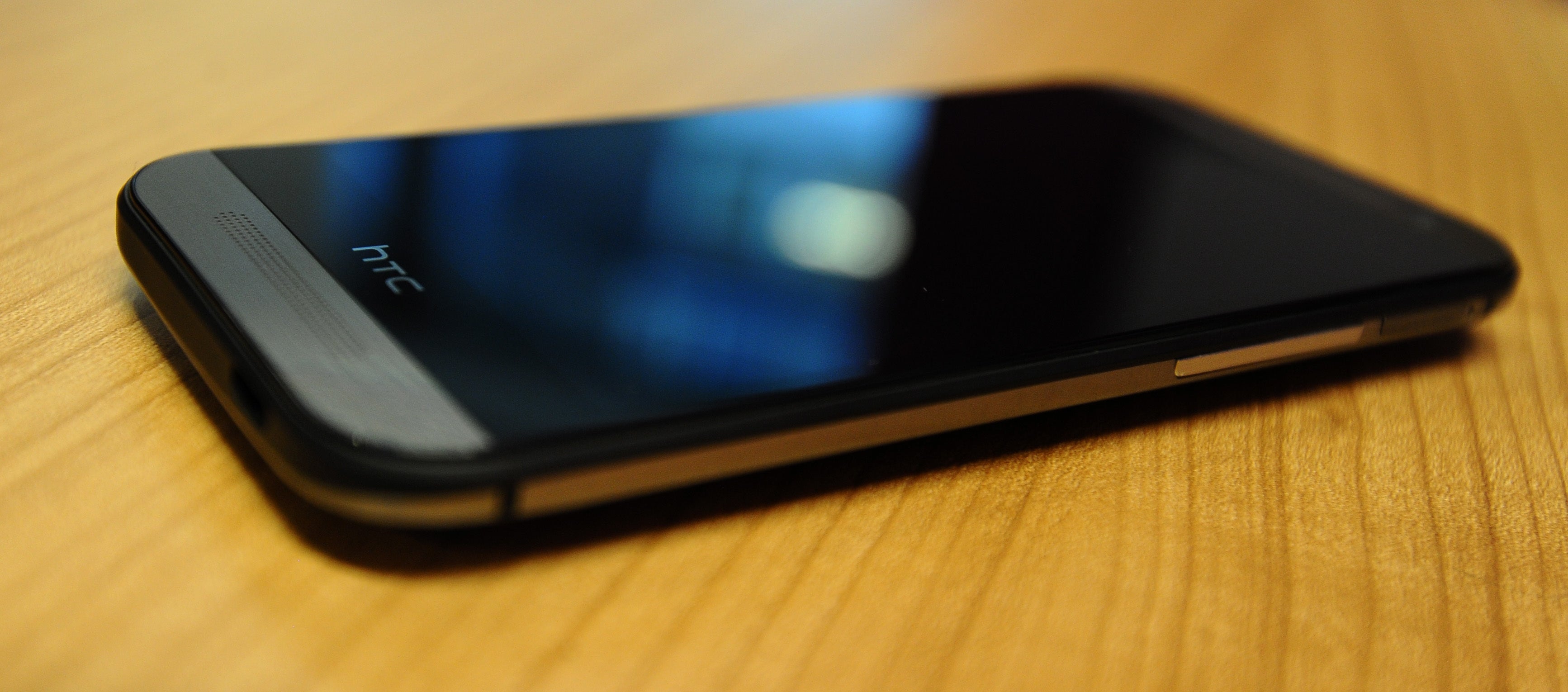Your support helps us to tell the story
From reproductive rights to climate change to Big Tech, The Independent is on the ground when the story is developing. Whether it's investigating the financials of Elon Musk's pro-Trump PAC or producing our latest documentary, 'The A Word', which shines a light on the American women fighting for reproductive rights, we know how important it is to parse out the facts from the messaging.
At such a critical moment in US history, we need reporters on the ground. Your donation allows us to keep sending journalists to speak to both sides of the story.
The Independent is trusted by Americans across the entire political spectrum. And unlike many other quality news outlets, we choose not to lock Americans out of our reporting and analysis with paywalls. We believe quality journalism should be available to everyone, paid for by those who can afford it.
Your support makes all the difference.Starting on Saturday, people experiencing mental health crises can call or text 9-8-8 for the new National Suicide Hotline in the United States.
The 988 number replaced the current ten-digit number to reach the National Suicide Prevention Lifeline on 16 July.
US Secretary of Health and Human Services Xavier Becerra said that it will be significantly easier for people to reach on-demand mental health crisis care.
“If you are willing to turn to someone in your moment of crisis, 988 will be there,” Mr Becerra told NPR. “988 won’t be a busy signal, and 988 won’t put you on hold. You will get help.”
The new 988 Suicide & Crisis Lifeline was created in response to several urgent issues. First was the need for a more streamlined, robust mental health crisis care system at a time when millions in the US, including young Americans, have experienced mental health challenges spurred by the Covid pandemic, climate change, and myriad other challenges.
The National Suicide Prevention Lifeline was overwhelmed in 2021, the US health department reported. It was only able to respond to 85 per cent of calls, 56 per cent of texts and 30 per cent of chats received.
Research suggested that a significant number of mental health crisis calls were made to 911, the emergency response number which is more widely known. However 911 operators and responders are not equipped to respond to mental health crises in the same way as other health crises.
This has created a range of issues. One is that police who lack training and expertise in dealing with mental health crises are often summoned to respond to those situations, sometimes with deadly results.
Benjamin Miller, president of Well Being Trust, told NPR that two million people with serious mental illnesses were booked into jail last year, and that nearly a quarter of fatal police shootings in recent years have involved people with serious mental illness.
In the aftermath of the murder of George Floyd in Minneapolis two years ago, a number of cities have begun experimenting with dispatching trained, mental health professionals instead of police officers to mental health-related calls.
Some of those programs, like Portland Street Response, still have to be accessed through a 911 call. Now, however, that could change.
The new 988 Suicide & Crisis Lifeline is accompanied by significant investment in call response infrastructure. The US government is investing $400million in call center capacity and related services, a huge increase over the $24m previously allocated.
States and healthcare providers will play roles in implementing and supporting the new helpline. While they caution there is still plenty of work to do, mental health advocates were positive about the possibilities of the new program.
“The transition to 988 has come to represent a once-in-a-generation opportunity to revisit and reconceptualize how crisis services are resourced and delivered in communities across the country,” director of the National Action Alliance for Suicide Prevention at Education Development Center Colleen Carr told NPR.
If you are experiencing feelings of distress and isolation, or are struggling to cope, The Samaritans offers support; you can speak to someone for free over the phone, in confidence, on 116 123 (UK and ROI), email jo@samaritans.org, or visit the Samaritans website to find details of your nearest branch.
If you are based in the USA, and you or someone you know needs mental health assistance right now, call National Suicide Prevention Helpline on 1-800-273-TALK (8255). The Helpline is a free, confidential crisis hotline that is available to everyone 24 hours a day, seven days a week. If you are in another country, you can go to www.befrienders.org to find a helpline near you.

Join our commenting forum
Join thought-provoking conversations, follow other Independent readers and see their replies
Comments